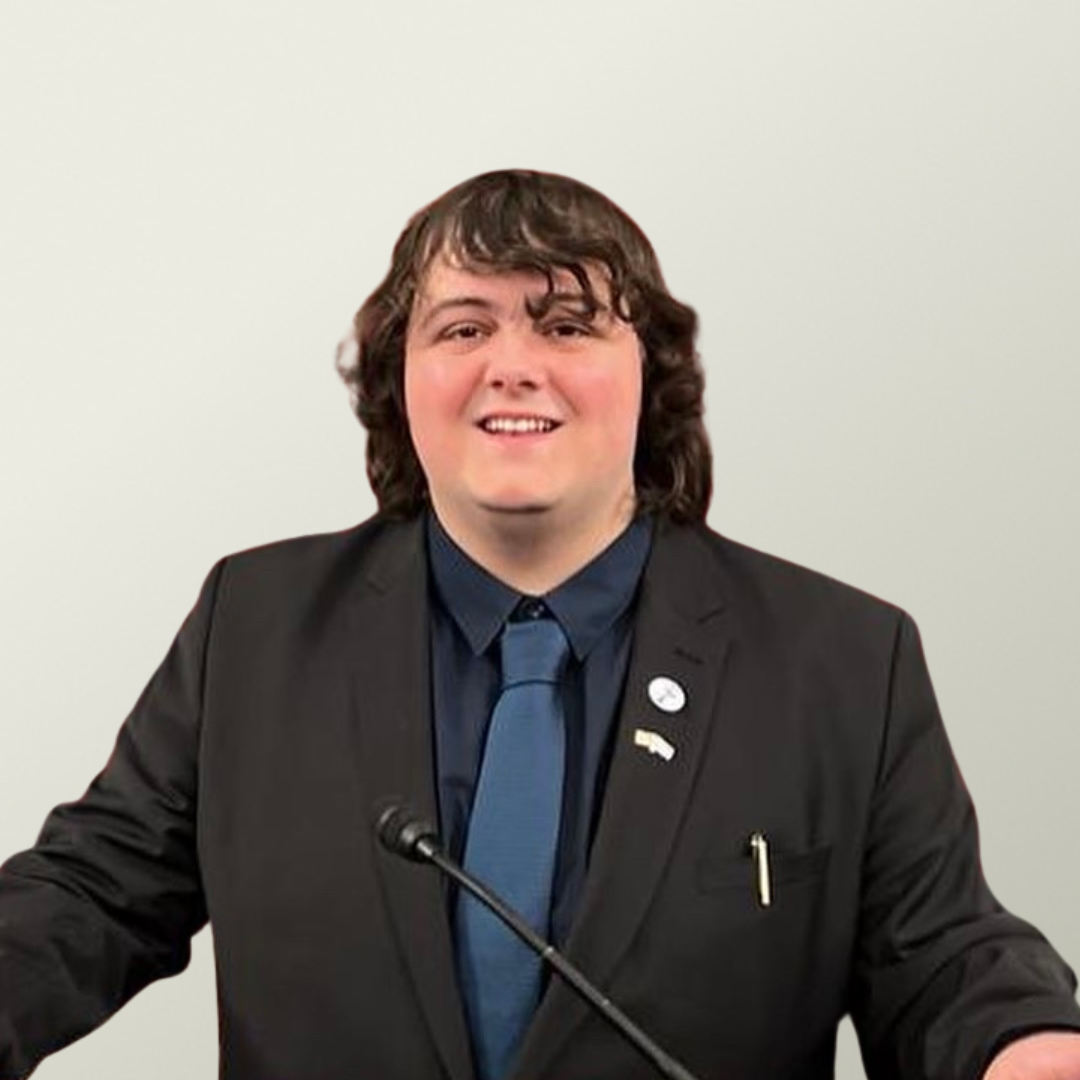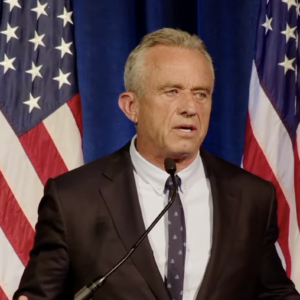Last month’s meeting of the Advisory Committee on Immunization Practices (ACIP), the committee at the Centers for Disease Control and Prevention responsible for issuing vaccine recommendations, was unlike any other.
The new ACIP, convened by Health and Human Services Secretary Robert F. Kennedy Jr. after firing all 17 previous members, seemed to be floundering as they grasped the level of responsibility required to run America’s vaccine policy. They made decisions, then unmade them the next day, and then, suddenly, decided to postpone significant and controversial vaccine changes that they had been touting.
When Kennedy remade ACIP in his image in June, he told reporters that a “clean sweep” was necessary to “re-establish public confidence in vaccine science.” This ACIP meeting did anything but. On perhaps the most significant test of U.S. public health policy in 2025, the recent measles outbreak, the new ACIP seemed adrift, with some apparent confusion over what members were even voting on.
On the first day of the proceedings, the committee voted to stop recommending the combined MMRV vaccine for measles, mumps, rubella, and varicella (chickenpox), instead favoring the separate varicella vaccine for children under the age of 4. ACIP made this recommendation due to a higher risk of febrile seizures from the combined vaccine, though some experts have suggested this could be outweighed by falling vaccine compliance as the number of shots recommended increases.
Despite this, the committee also voted to continue allowing the combined vaccine to be offered through the Vaccines for Children program, which provides vaccines to uninsured children at no cost. This left a strange double standard whereby the VFC was able to offer something that APIC decided not to recommend.
Perhaps committee members did not realize this as they were voting, as this decision was promptly reversed to bring VFC recommendations in line with new ones from APIC. Former senior CDC official Demetre Daskalakis told CNN that new APIC members had taken votes when they “didn’t understand what they were voting for.”
The most confusing part of the meeting came when APIC discussed the Hepatitis B vaccine for newborns, a longtime target for Kennedy. In an interview with Tucker Carlson in June, Kennedy claimed that the CDC had suppressed a study from 1999 that showed an “1,135 percent elevated risk of autism” for children who had received the Hepatitis B vaccine in the first 30 days of life, compared to those who received it later or not at all.
It is bad enough that the secretary apparently believes debunked science on vaccines and autism, but worse still is the effect attacking the vaccine could have on long-term Hepatitis B infections. CDC data show that when the Hepatitis B vaccine was introduced in 1991, there were 18,000 cases in children under 10 in the United States. Data from 2022 showed fewer than 0.1 cases per 100,000 in children under 19. The Hepatitis B vaccine’s record speaks for itself.
The undeniable nature of this record is why Kennedy’s APIC could not bring itself to stop recommending infant vaccination for Hepatitis B. PBS reported that the proposed vote on changes to the Hepatitis B vaccination schedule began to “unravel” after APIC members were presented with testimony from medical professionals on the efficacy of the vaccine, with “multiple experts” asking why the committee was even considering the change to the schedule in the first place.
Committee member Robert Malone, a Kennedy ally and longtime espouser of vaccine misinformation, moved to “postpone the question indefinitely,” citing “enough ambiguity” and “enough remaining discussion about safety, effectiveness and timing.”
If there is one area where Americans deserve better than amateur hour, it is their public health recommendations. Far from restoring confidence in vaccinations and public health institutions, this new APIC is bumbling through its responsibilities, leaving confused experts in its wake. If APIC’s most recent meeting is anything to go by, the American people are in for a long, bumpy ride.
We already know Kennedy is blinded by his anti-vaccine prejudices, so he will not be able to restore a committee of qualified experts. It is time he is replaced by someone who will.


